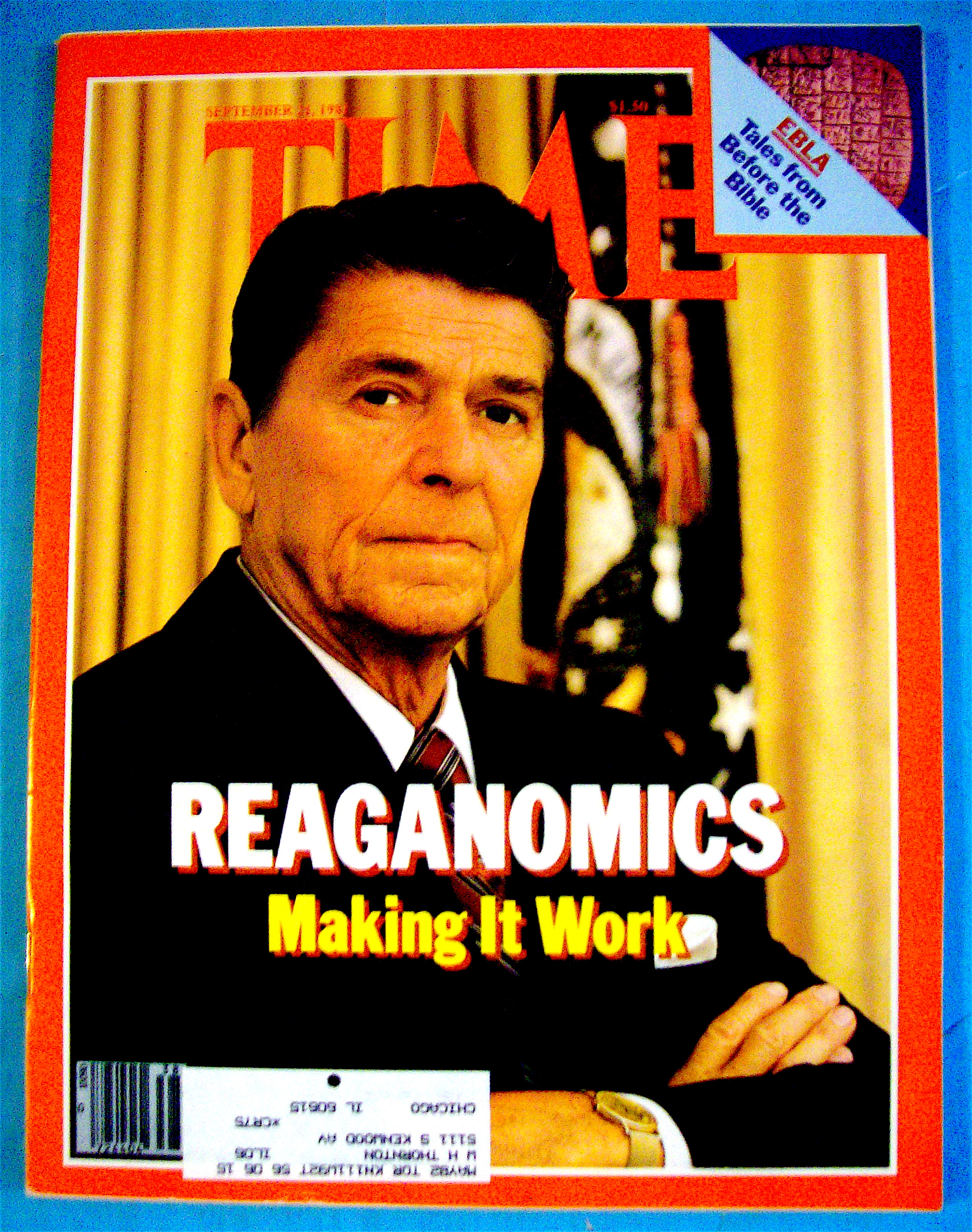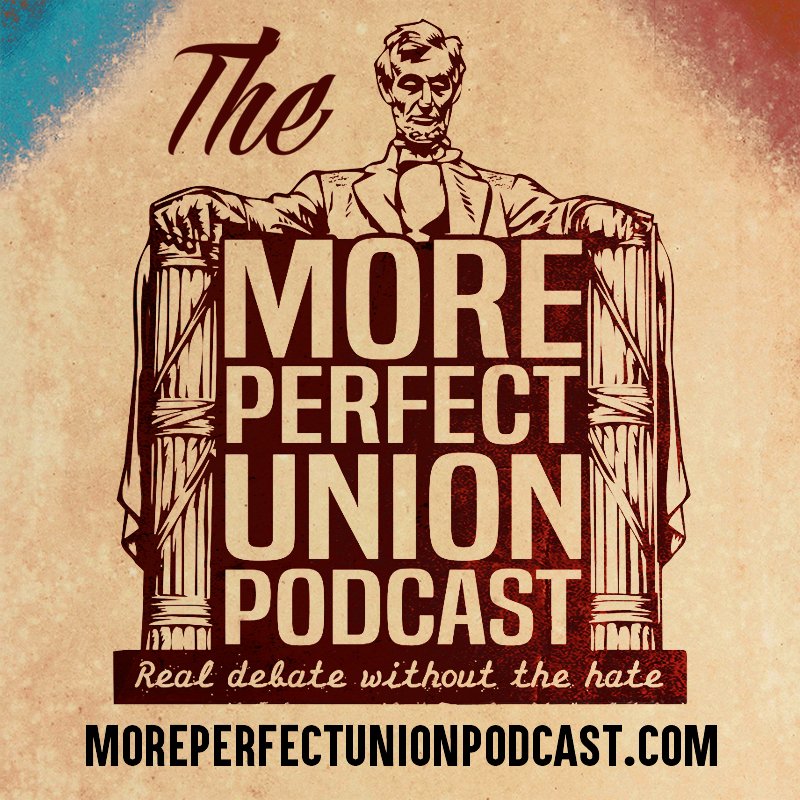

I Guess I’m the Last Supply-Sider

I Guess I’m the Last Supply-Sider
by D.J. McGuire
There was a time when supply-side economics was a serious challenger to the Keynesian failures of the 1970s, and a necessary corrective to the assertion that Aggregate Demand was all that governments could change through policy. One of the supply-siders I admired as a graduate student was Stephen Moore.
Today, Moore revealed that the current GOP tax deform has nothing to do with supply-side economics – or any economic theory, for that matter – but rather for political retribution (Bloomberg).
“It’s death to Democrats,” said conservative economist Stephen Moore, who advised Trump’s campaign on tax policy.
“They go after state and local taxes, which weakens public employee unions. They go after university endowments, and universities have become play pens of the left. And getting rid of the mandate is to eventually dismantle Obamacare,” Moore said in an interview, arguing that it would accelerate “a death spiral” in the health-care law’s marketplaces.
Note that none of these involve the central tenets of supply-side tax policy. As I discussed in a post last month, those tenets are: to simplify the code in general, to remove deductions and credits far more likely to be used by wealthier Americans (thus shifting economic activity from tax avoidance to more productive efforts), and to lower tax rates to encourage greater investment and capital creation in general (in part by further reducing tax avoidance because lower rates make tax avoidance less fruitful).
This was the basis for the 1986 tax reform that had widespread support from both parties, extended the 1980s economic recovery for an additional four years, and slowed inequality growth (as measured by the Gini coefficient).
The 2017 tax deform does no such things. The individual tax reductions are temporary (thus adding uncertainty and draining the supply-side effects), as is perhaps the most supply-side change outside of rate changes themselves (allowing full expensing for new equipment – that expires in six years, AP). The corporate tax rate is reduced, but as David Frum notes in The Atlantic, the other important piece (removing loopholes and avoidances) is nonexistent on the corporate tax side.
Meanwhile, the supply-side authorities I once admired have fallen behind this drek – and in Moore’s case, specifically for reasons of political revenge instead of economic policy. Bruce Bartlett appears to be the lone exception (which is to say, I’m not seeing any other right now), but he’s largely reverted to Keynesian thinking.
When it comes to supply-siders – true supply-siders who are still concerned about how to expand America’s economic capacity via increasing capital formation, and improving labor productivity – I feel like there’s no one else left.
Then again, I am a conservative Democrat, so I’m used to being…unique.
D.J. McGuire is the conservative Democrat on More Perfect Union podcast – and sometimes feels like he is the lone conservative Democrat in the country, but Republicans keep making it easier for him.







One comment on “I Guess I’m the Last Supply-Sider”